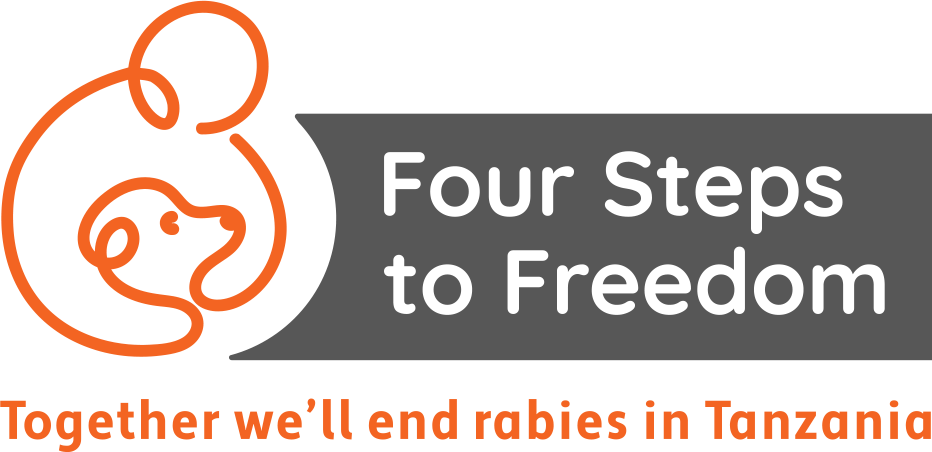Interview With Vet Ian Paterson
Ian Paterson
What is your typical working day in Tanzania?
Typical working day is literally from sunrise to sunset, which in Tanzania stays about the same year round due to its proximity to the equator. We get up around 6.30am and will finish surgery and clinical work around 6.30pm when it becomes difficult due to low light. The day can involve operating out in the field in make-shift ‘pop up’ theatres in rural villages or be spent at the clinic in Usa River performing surgeries and treating any sick animals brought in to us. These ‘pop up’ theatres can be anything from a school classroom or council building at the weekends to open outside public areas with shade from trees. Sometimes we will drive for over an hour to reach the remoter villages in order to spay and neuter the local street dogs there.
Have you ever felt afraid: being in such close contact with the world’s deadliest disease?
I did feel a little afraid on my first visit but I was fully vaccinated when I went out and there are guidelines regarding washing bite wounds if needed. I got bitten on the second day of my first ever visit and have been bitten several more times on my other four visits to Tanzania. I’m on first name terms with the doctor who gives us the post exposure rabies vaccinations! These are basically additional vaccinations given within 24 hours of being bitten and again another 2 days later. Vaccination gives full protection against rabies so there is no need to fear it, it’s inevitable that if you spend long enough working in these situations then you will probably get a wee bite now and then. The local team at Mbwa wa Africa are superb at coordinating visits to the local doctor if needed and also have strict protocols in place to help reduce the risk of injury in the first place.
How do the surgery conditions compare to what you’re used to in Scotland?
Main differences are the lack of decent surgical lighting - instead relying on head torches, lack of proper operating tables (we have to use plastic tables propped up on buckets as they do not have adjustable height settings), operating outdoors or in rooms without windows presents an increased risk of foreign material getting into the surgical site and resultant infection, not always having a nurse to monitor each anaesthetic - often they will need to cover more than one procedure at a time, a lack of proper recovery kennels where post operative monitoring is made easier - often pets will recover on blankets on the floor of the room where we are operating, the presence of an audience of children looking through the open windows when operating! (not a bad thing but we sometimes need to stop inquisitive hands from touching things). The most important difference is the inability to operate aseptically -that is the ability to operate free from contamination with harmful bacteria, we can reduce this risk with the use of surgical gloves, proper scrubbing techniques etc. but it’s can’t be eliminated without the presence of a sterile operating theatre.
Ian Paterson operating
What is the hardest thing about the work you do in Tanzania?
The hardest thing for me is the continual operating without breaks for many hours and this is likely related to being an older person. It’s the reason we all travel to Tanzania but it doesn’t make it easier. Having said that it is incredibly rewarding at the end of the day to look back on what we’ve achieved and I’m always ready to go again the next morning. I do not get frustrated with cultural differences or working with limited equipment, these are just the challenges we face and can sometimes bring everyone together to work for a common goal.
What do you love most about volunteering there?
For me it is the fact that by returning regularly to the same location I feel I can be of more benefit for the short time I’m there since I know how the system works inside now. The most important and rewarding thing for me is not the goal to operate on as many dogs as I can in a day but to share knowledge with local Tanzanian vets, vet students and even children - this is a much more sustainable use of my time in that hopefully once I’ve flown home local staff can perform the same tasks without my presence.
If you had a magic wand and you could make one change to the situation in Tanzania today, what change would you make?
Definitely better clinic facilities - operating theatre with proper surgery tables etc. The two most important things lacking at present are a good digital x Ray set up and in- house machine for checking blood biochemistry and haematology. These two things would make a HUGE difference to the animals we treat. The other thing I think is essential going forwards is proper funding for local young vets to attend the clinic and hopefully one day become part of the staff there.


